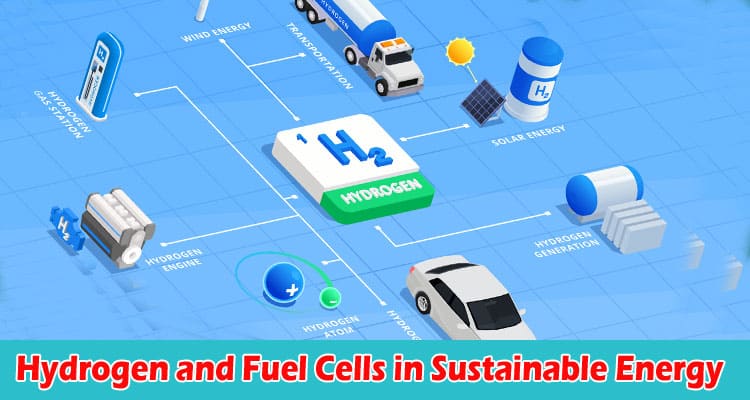Introduction:
As the world seeks cleaner and more sustainable energy solutions, hydrogen and fuel cells emerge as promising technologies at the forefront of the renewable energy revolution. The Hydrogen and Fuel Cell Supergen Hub, a collaborative research initiative in the United Kingdom, is playing a pivotal role in advancing these technologies. In this article, we explore the significance of hydrogen and fuel cells, and how the H2FC Supergen Hub is contributing to a greener and more sustainable future.
The H2FC Supergen Hub:
The Hydrogen and Fuel Cell Supergen Hub is a research network comprising leading universities and industry partners committed to advancing the understanding and application of hydrogen and fuel cell technologies. Established to address the challenges associated with transitioning to a low-carbon energy system, the hub fosters collaboration, knowledge exchange, and innovation. The ultimate goal is to accelerate the development and deployment of hydrogen and fuel cell technologies, contributing to a more sustainable and resilient energy landscape.
Hydrogen as a Clean Energy Carrier:
Hydrogen, often referred to as the “fuel of the future,” is a versatile and clean energy carrier. It can be produced from various sources, including renewable energy, and serves as a key element in the decarbonization of sectors such as transportation, industry, and heating. Hydrogen’s potential lies in its ability to store and transport energy efficiently, making it a crucial component in achieving a carbon-neutral future.
Fuel Cells: Powering a Sustainable Tomorrow:
Fuel cells, another focus of the H2FC Supergen Hub, are electrochemical devices that convert hydrogen into electricity and heat with minimal environmental impact. Unlike traditional combustion processes, fuel cells produce electricity with significantly lower emissions, making them a cleaner and more efficient energy conversion option. Fuel cells are versatile and can power a range of applications, from vehicles to stationary power generation, offering a viable alternative to conventional energy sources.
Addressing Challenges and Fostering Innovation:
The H2FC Supergen Hub acts as a catalyst for innovation by bringing together researchers, industry experts, and policymakers to address the technical, economic, and social challenges associated with hydrogen and fuel cell technologies. Through collaborative projects, workshops, and knowledge exchange, the hub contributes to the development of solutions that enhance the efficiency, affordability, and scalability of these technologies.
Global Impact and Sustainability:
Hydrogen and fuel cell technologies have the potential to revolutionize the global energy landscape and contribute significantly to sustainability goals. The work of the H2FC Supergen Hub extends beyond national borders, fostering international collaborations and partnerships to advance the collective understanding and application of these technologies. By driving innovation and promoting sustainable practices, the hub plays a vital role in building a cleaner, greener, and more resilient future for generations to come.
Conclusion:
The Hydrogen and Fuel Cell Supergen Hub stands as a testament to the commitment of researchers and industry partners in driving the transition to a sustainable energy future. As hydrogen and fuel cell technologies continue to gain momentum, the collaborative efforts of the hub provide a foundation for transformative advancements. The research and innovation facilitated by the H2FC Supergen Hub offer hope and tangible solutions for a world seeking cleaner, more efficient, and sustainable energy sources.







